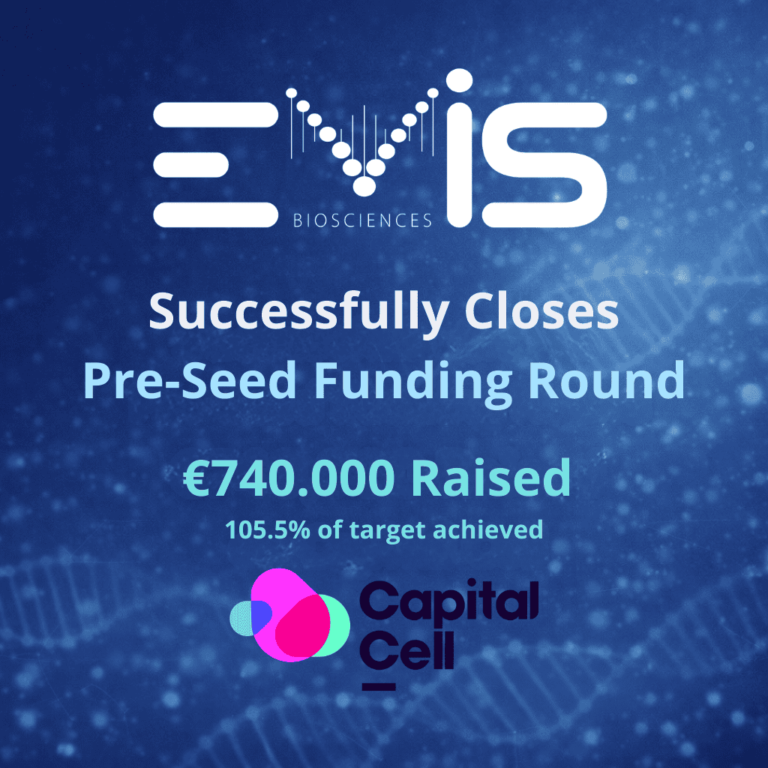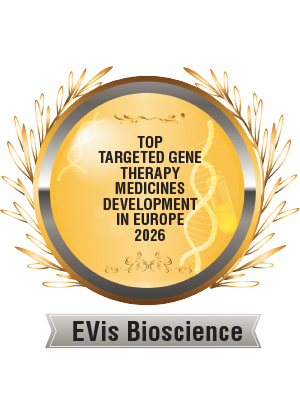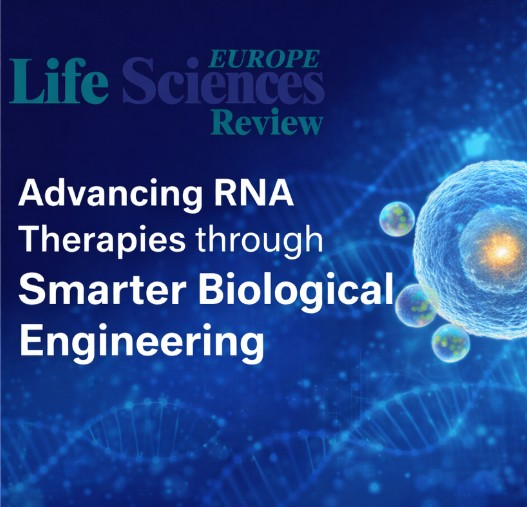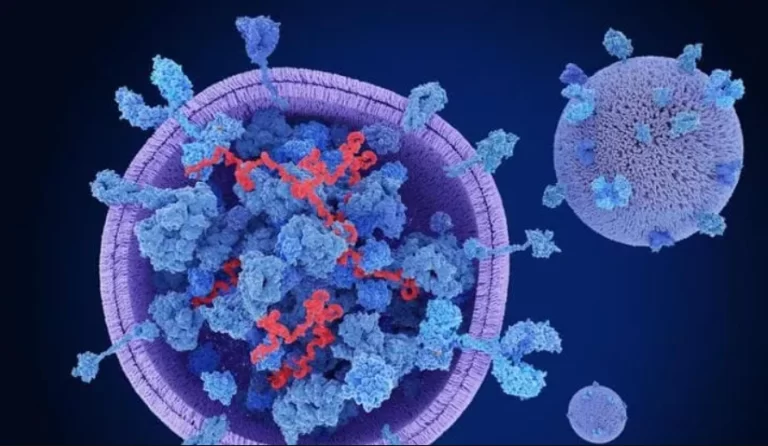Exosome RNA news article
A recent study published on Exosome RNA introduces a novel method for efficiently loading nucleic acids into extracellular vesicles (EVs). This technique involves the spontaneous hybridization of EVs with preloaded non-lamellar liquid crystalline lipid nanoparticles (LCNPs) under physiological conditions, resulting in the formation of hybrid extracellular vesicles (HEVs).
Key findings from the study include:
- Efficient Loading: Approximately 40% of the resulting HEVs successfully encapsulate the intended genetic cargo.
- Preservation of EV Functionality: The hybridization process does not compromise the accessibility of EV membrane proteins or their intrinsic enzymatic activities.
- Enhanced Transfection Efficiency: In vitro experiments demonstrate that HEVs exhibit improved transfection efficiencies compared to unhybridized LCNPs.
This innovative approach holds promise for advancing EV-based gene delivery systems, potentially overcoming previous limitations associated with loading efficiency and functional preservation.
➡️ Read the full article here:
Loading Extracellular Vesicles with Nucleic Acids via Hybridization with Lipid Nanoparticles – Exosome RNA






